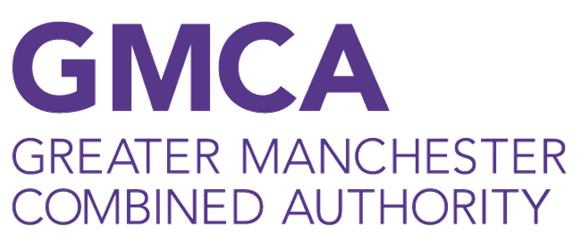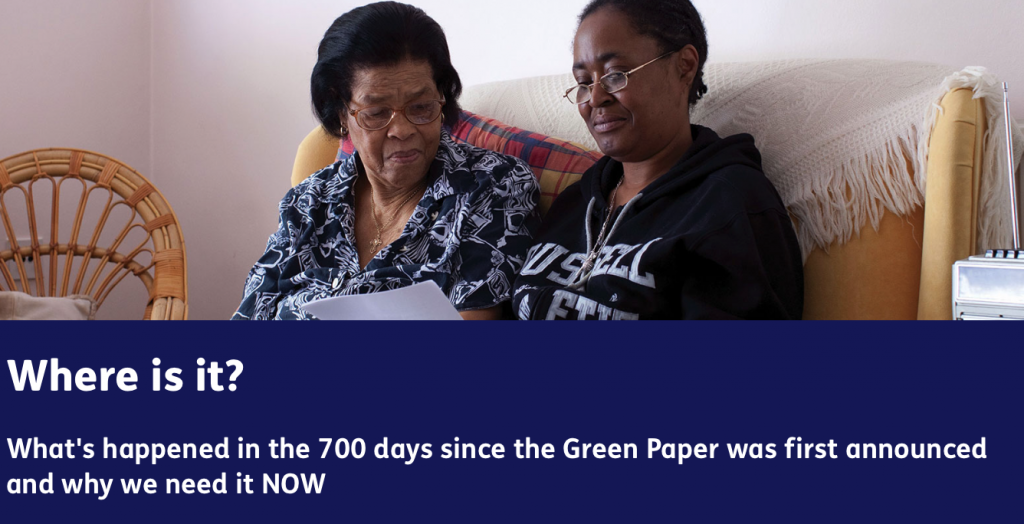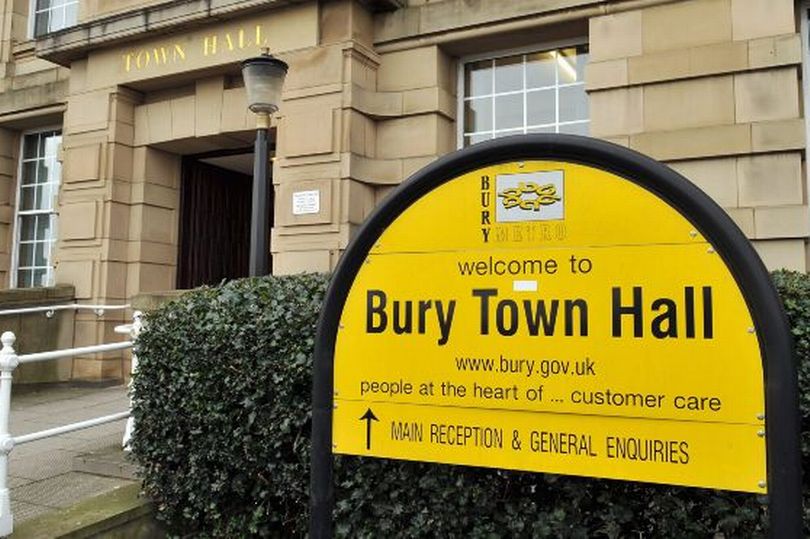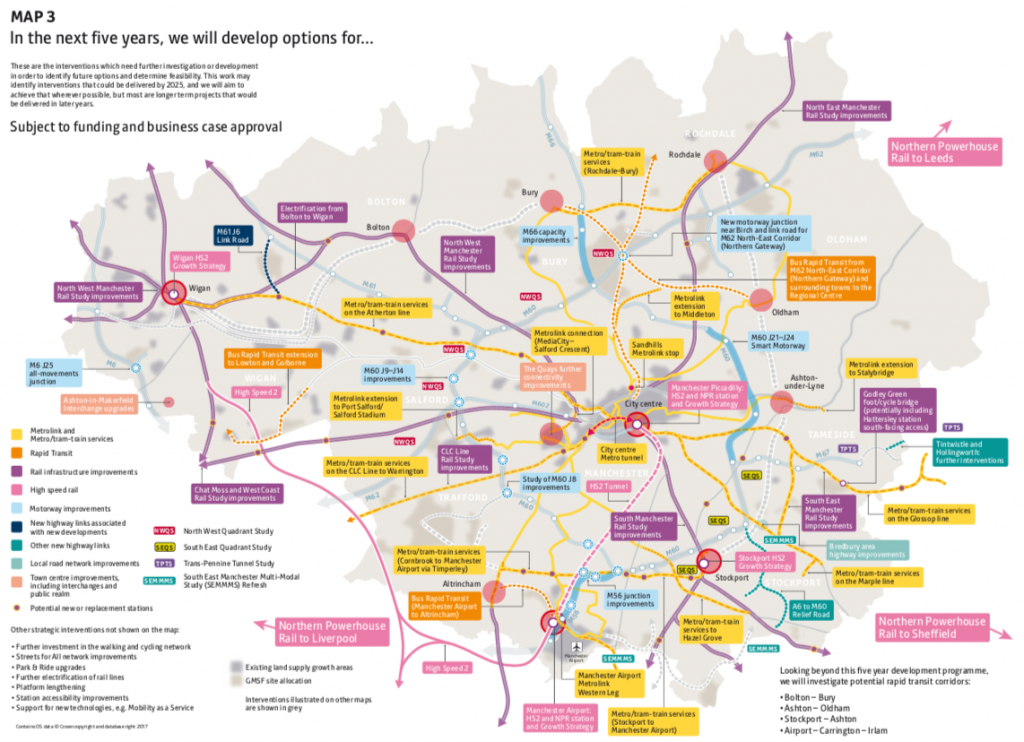Last week was an important opportunity to scrutinise the Council budgets which are set at a Greater Manchester level with the regular meeting of the Greater Manchester Combined Authority ‘Corporate Issues and Reform Scrutiny. Bury’s Lib Dem Councillor Tim Pickstone represents Bury on the Committee and reports here:
Mayor’s General Budget
A part of our Council Tax bills are paid directly to the Mayor of Greater Manchester’s office. A large part of this is for fire services, for which there are no major changes this year in total costs.
In 2018-19, for the first time, the Mayor levied an extra General Levy to residents of £8 a year (for a band D property). The proposal is that this will increase by 125% to £17 per band D property.
The rationale for this increase is around buses. They Mayor wishes to introduce free bus travel for 16 and 17 year olds – estimated at costing up to £9 million. There are also significant monies set aside for future ‘bus reform’ – this is recent changes to legislation which gives city regions like Greater Manchester the potential to have a more regulated bus system.
Bus travel in Greater Manchester has been steadily declining over the last 20 years (as with most of the rest of the country), but the Mayor sees improved bus travel as a key solution to congestion. We’re less convinced this is the only way forwards and would like to see significant investment in all pubic transport options (tram and train) as well.
I asked the Mayor about the 16/17 year old free bus travel. One question is that this is only buses (so not free travel on trams and trains) which I feel will limit the usefulness off getting young people to opportunities (like apprenticeships) which are difficult journeys by bus. A second concern is what measures will be taken to make sure all bus users feel safe using the bus, for example at night.
Transport
There is not proposed to be any increase in the amount local councils have to contribute to Transport for Greater Manchester in 2019/20 – though there is extra money for bus reform and 16/17 year old travel (see above). The largest expenditure items in Transport are – concessionary travel for pensioners, subsidised bus services and the cost of borrowing (largely the cost of building new Metrolink lines in recent years).
Police
The proposal from the Greater Manchester Police and Crime Commissioner (who is Greater Manchester is the Mayor) is that the police element of our Council Tax should go up by the maximum allowed by Government which is £24 per year (for a band D property).
Waste
The final element of GM revenue finances is the waste disposal service which has been undergoing significant changes in recent years as the Council’s bought ourselves out of the previous contract with Viridor Laing and are now re-tendering the service.
Capital Budgets
A large amount of money also flows through the Combined Authority around capital or investments – around £1/2 billion in 2019-20. The largest individual items here are the continuing work on the Trafford Centre line extension to Metrolink and the Housing Investment Fund on new houses.
More information and the full set of Committee papers are here. Any questions please ask!









